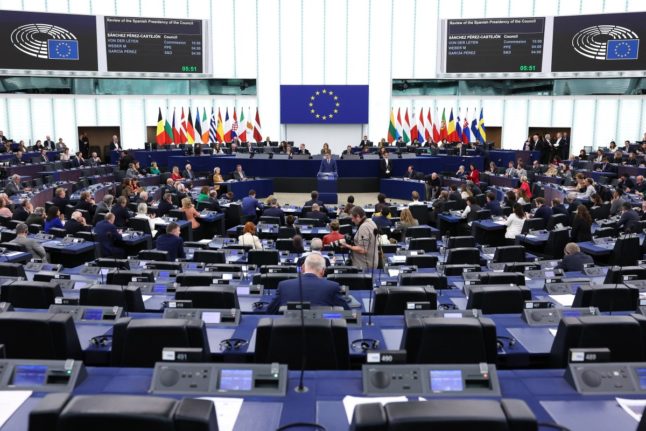Bernhard Schuth, 53, lost his job in 1994 as organist and choirmaster in a parish in the Ruhr Valley city Essen after his superiors learned that he had left his wife that year and was expecting a child with a new partner.
After appealing the decision at various labour courts, Schuth’s case was eventually thrown out by the German Constitutional Court in July 2002. He lodged a complaint with the ECHR on January 11, 2003.
ECHR judges condemned Germany’s justice system for failing to take into consideration his right to a private life, and not just his right to work.
“In signing his work contract, Mr. Schuth accepted a duty of loyalty towards the Catholic Church which limited, to a certain degree, his right to a private life,” ECHR judges said.
However, this signature could not be considered as an unequivocal personal agreement to live in abstinence in the case of separation or divorce,” they added.
In Schuth’s high court ruling, judges used a 1985 precedent that allowed the Church to govern autonomously, while binding labour courts to the Church’s
religious and moral precepts, as long as it did not conflict with the law.
The ECHR however supported a ruling by German courts in the case of Michael Obst, 51, a former Mormon head of public relations, who was dismissed in 1993 after confessing that he had had an affair.
In this case, the ECHR said the dismissal could be seen as “necessary to conserving the credibility of the Mormon church, considering the nature of his position.”





 Please whitelist us to continue reading.
Please whitelist us to continue reading.
Member comments